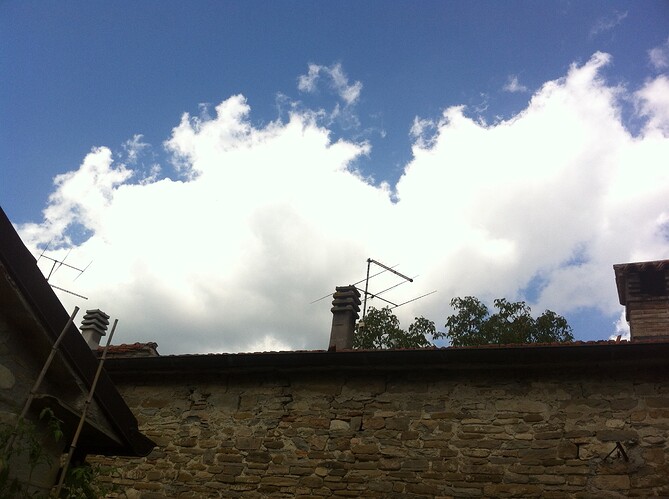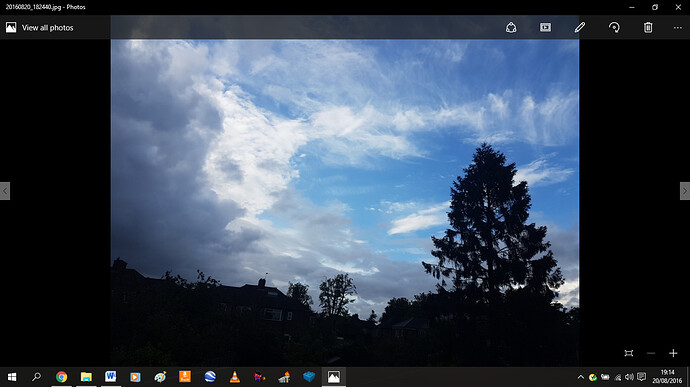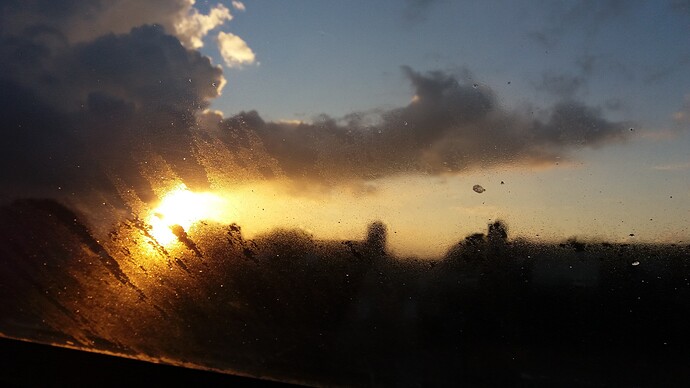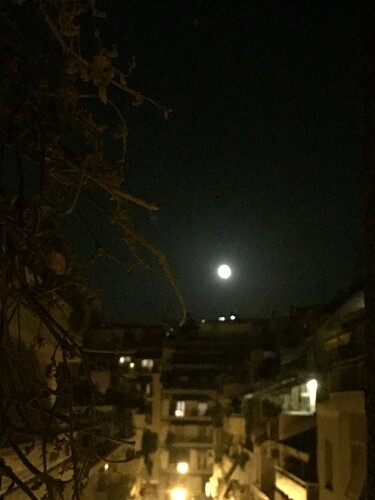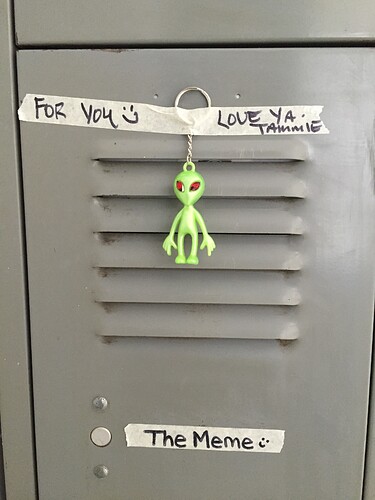lol, in Alaska?
I meant it as a joke. I know there aren’t penguins there but people seem to think there are.
Awww I used to work with DCPIP in the plant physiology lab back then in uni  I really liked that, and I did that for 3 years, however I didn’t get to evaluate the results yet because of reasons. Sadly we didn’t have gloves because that was expensive and Hungarian universities tend not to spend money for these things… But anyway I’m really glad to see this kind of thing here
I really liked that, and I did that for 3 years, however I didn’t get to evaluate the results yet because of reasons. Sadly we didn’t have gloves because that was expensive and Hungarian universities tend not to spend money for these things… But anyway I’m really glad to see this kind of thing here  That was really surprising.
That was really surprising.
What happens if you get it on your hands?
Only in the zoos; I wonder if they do lab testing on penguins 
Well, I don’t know of any skin contact danger for DCPIP (it’s a dye indicator - might just get some blue on you). However, the reaction solutions I posted a picture of also have some toxins in them: dilute cyanide, antimycin A, and rotenone. These are used to inhibit certain enzymes not of interest in a particular experiment, and it’s a good idea to avoid any kind of contact with them (even if they are pretty diluted). I’m very careful about avoiding spills etc., but it’s good practice to wear gloves anyway.
Cool! I can’t believe someone else here also worked with DCPIP. I didn’t expect anyone to have the remotest idea of what I was talking about, LOL. I think I read something once about DCPIP being used to measure photosynthesis, so that makes sense… I’ve been using lately it to measure succinate dehydrogenase activity in some Antarctic fish species (I work for a professor who collects these specimens from the Antarctic during the summer).
Yeah I did a research on the relationship between the cell organelles (mitochondria and chloroplasts) and I used a lot of things in addition to DCPIP, I used to kill plant leaves with various poisons  And then watched their photosynthetic activity falling down to zero in hours. Oh it was really fun, I loved doing that. Your work sounds really interesting too, and now I kinda regret not finishing my biology studies, but it wasn’t entirely up to me. So… Antarctic fish species? Wow! Even though I didn’t like studying about enzyme pathways in our biochemistry course, I found it really, uhm, complicated.
And then watched their photosynthetic activity falling down to zero in hours. Oh it was really fun, I loved doing that. Your work sounds really interesting too, and now I kinda regret not finishing my biology studies, but it wasn’t entirely up to me. So… Antarctic fish species? Wow! Even though I didn’t like studying about enzyme pathways in our biochemistry course, I found it really, uhm, complicated.
Haha, that does sound fun. I’ve worked mostly with mitochondrial samples myself.
I agree about the enzyme pathways. It’s very easy to get lost trying to follow exactly what happens to a metabolite as it cycles through such long and varied reactions. Just shows how complex life is on the molecular level.
There are so many fascinating topics in biochemistry and biology, I think. This coming fall semester (starts in 1~2 weeks here) I’m taking a cellular and molecular neuroscience class which I’m pretty excited about. It should be kind of like a biology-based look at how living things feel/behave/learn, etc. through the ways our nervous systems work. Should be fascinating.
This afternoon, glare factor: 999%



